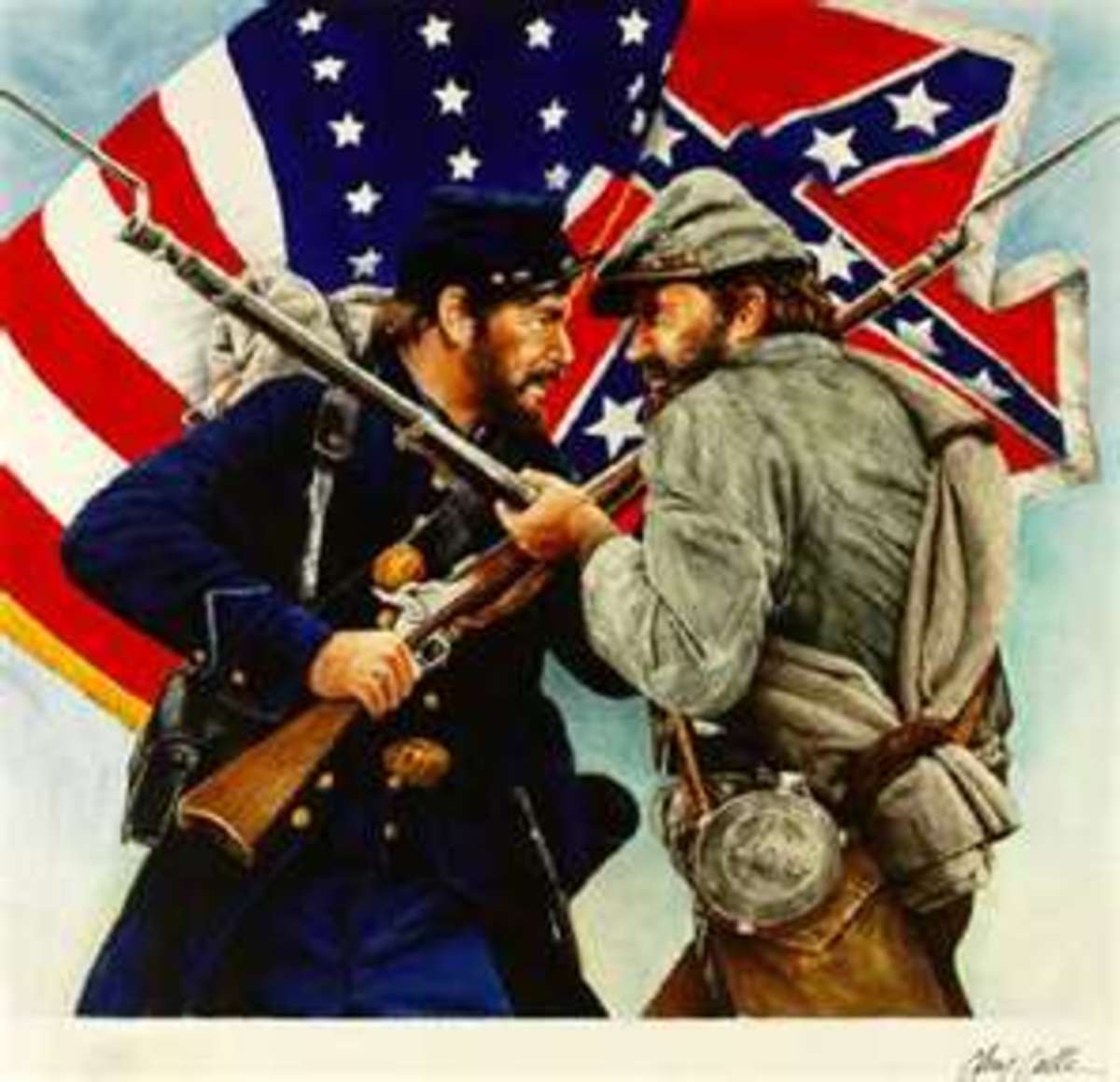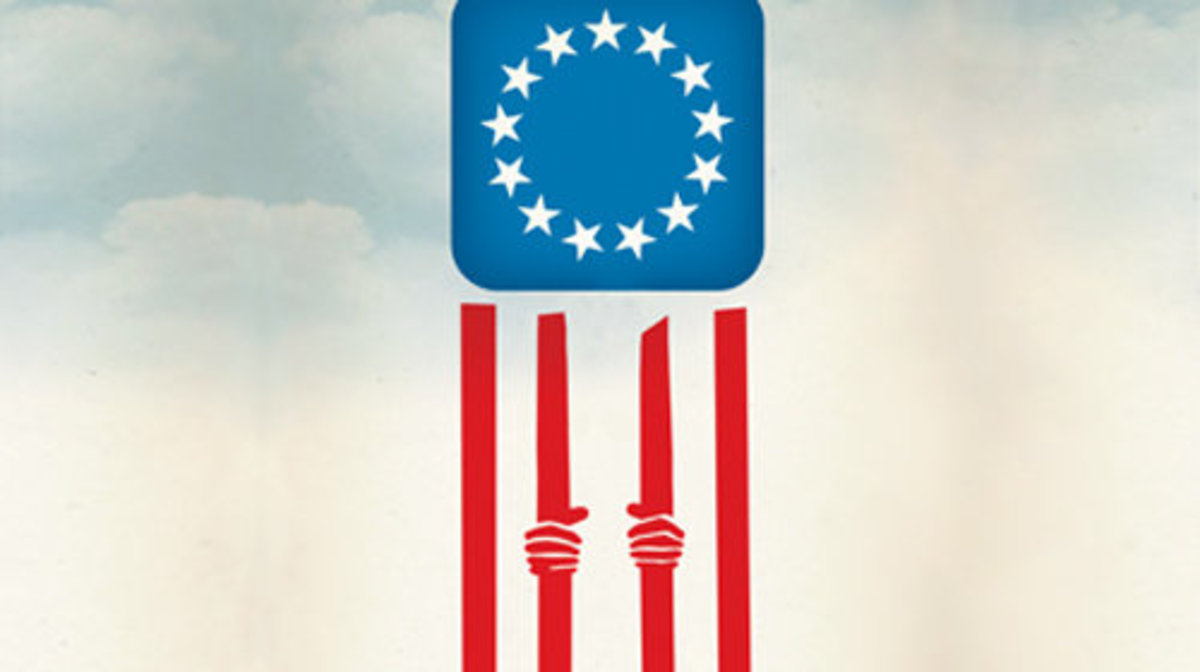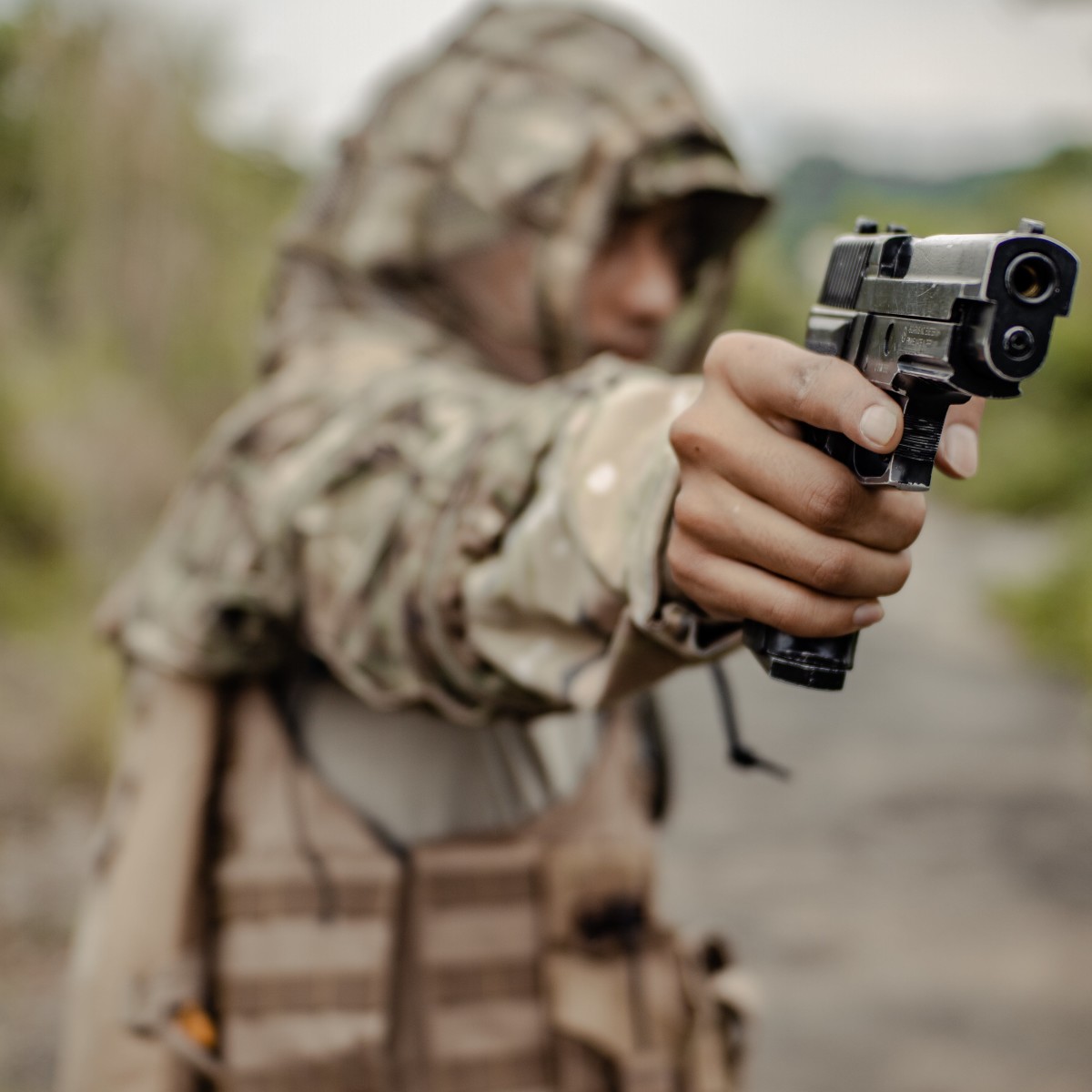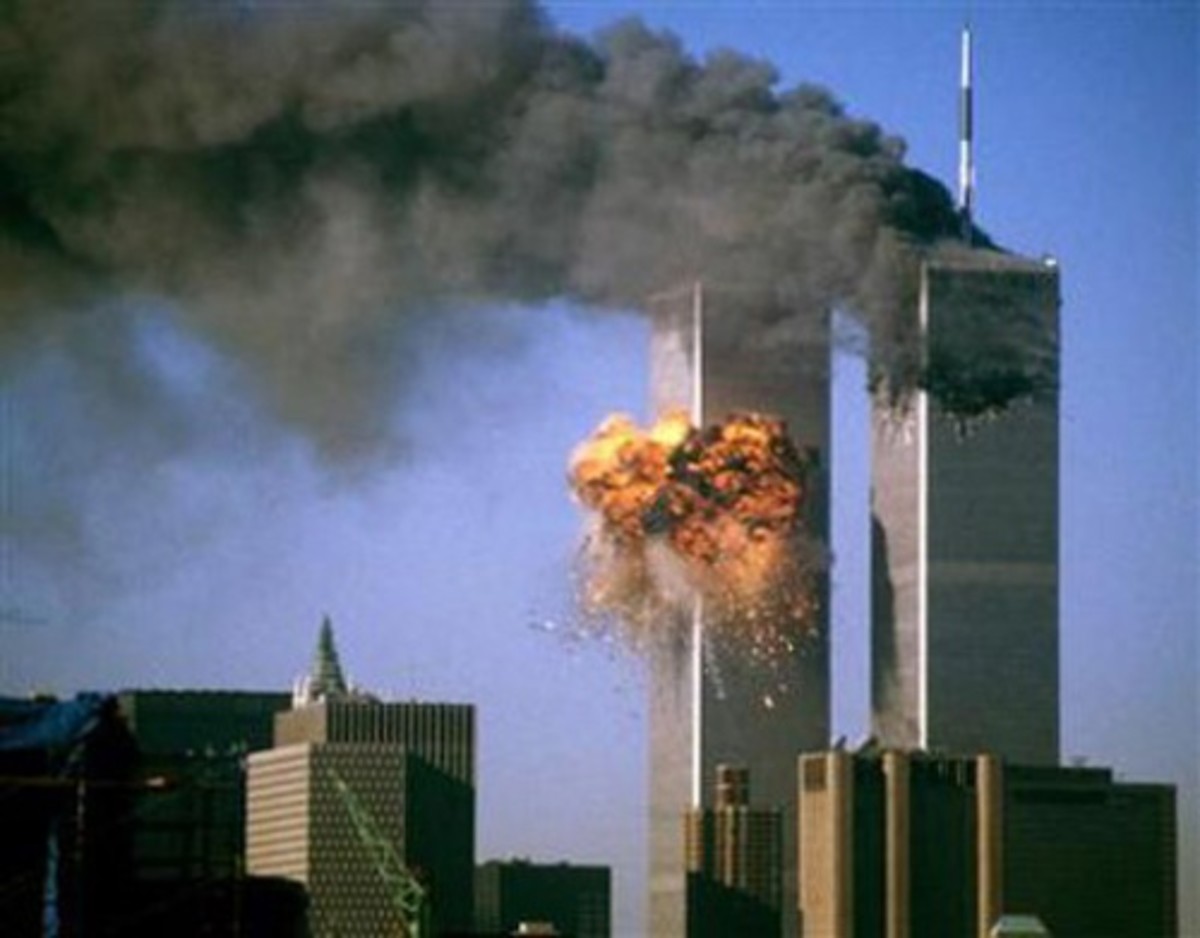The Articles of War
The Articals of War are Far Reaching, even into Civil Life

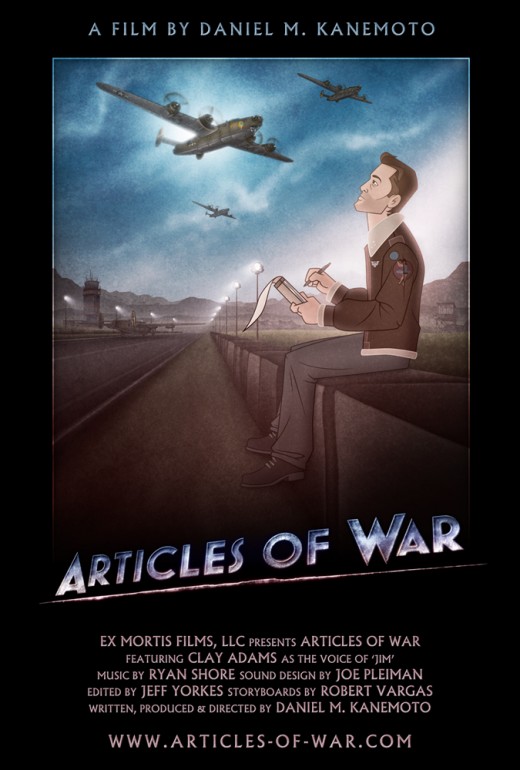
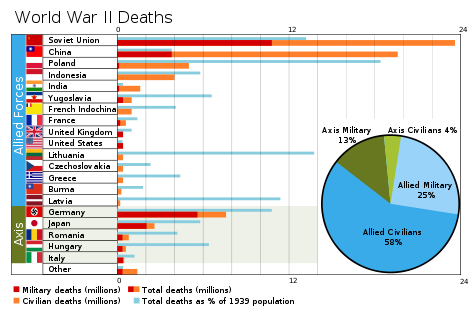
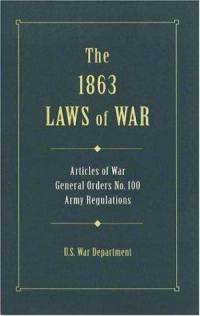
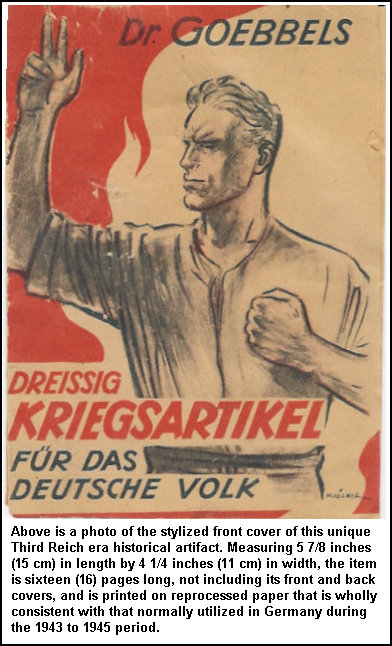
What it Means to Win or Lose
In a phrase it can be said; To the victor goes the spoils. To the victim goes the toils.
The Articles of war differ from time to time, region to region and develop in accordance to advances in military methods and/or of military technology. The Articles of War are a set of legally binding regulations drawn up to govern the conduct of a country's military forces. Politics and legal issues are also involved in the drafting of the Articles of War. They cover the gamut of possible behavior that may result during the course of a conflict between one nation and another in and out of the specific context of the armed forces. For in war, it is the entire nation that goes to war, whether in an actual theater of war, or behind the line by way of support of the war effort. Also, being related to the law and the law is what the ruling power determines, defines the nature of the articles of war and the legal function of the military on land, sea and air. This is soon to be extended to outer space and will hence change again as a result. The Articles of war extend to both sides of a war situation; to the victors and to the vanquished. The Articles of war had a lot to say in the outcome of the end of WWI where Germany was forced to pay punitive war reparations to France in particular. This was to have far reaching effects that extend to the current period. For one of the outcomes was the Geneva Convention, born out of the atrocities of WWII that was in some ways the outgrowth of the policies enacted from WWI. Military justice is distinct from the imposition of military authority on a civilian population as a substitute for civil authority during times of crisis and emergency, such as occurred in Canada in the Oct. 1970 political crisis under the war measures act. This condition is generally termed martial law. It is often declared in times of emergency, war, or civil unrest. Most countries restrict when, under what circumstances and in what manner martial law may be declared and enforced.
During war or martial law, which may come due to civil war, or due to a threat to national security, it is the military command that takes over all administration, defense and prosecution of law, civil and military. It may include such acts as universal curfew, the suspension of civil rights and strict control of all the media. It can include duties that are normally done by police and investigative arms, such as surveillance, investigation, arrest, detention and punishment for crimes related to civil issues or military command. As it is the government that ultimately decides if martial law is to be enacted, it thus falls on them as the ultimate commanders in this circumstance. This does not include the idea of a military coup where the military takes over governance by force. In this, the government is conquered and replaced by the military that decides on their own as the replacement government, what articles will be pursued as law. This differs from country to country, but many forms are similar.
The Articles of War have a history extending from the year 1637 AD in Robert Monro's work “His expedition with the worthy Scots regiment called Mac-keyes regiment etc” This work refers to military law that differs from civil law. The drafting of the Articles occurred in the wake of Britain's “Glorious Revolution” of 1688. US Articles of War drafted after this, are based on the British regulations. The Glorious Revolution of 1688, occurred due to the overthrow of King James II of England in 1688 by a union of Parliamentarians with an invading army led by the Dutch stadtholder William III of Orange who, as a result, ascended the English throne as William III of England along with his wife, Mary II of England. The Glorious Revolution is also occasionally termed the Bloodless Revolution, though inaccurately. In England there were two significant clashes between the two armies, and anti-Catholic riots in several towns. Something of this continued into the 20th century in Ireland. Since then, many wars have occurred and the Articles of War have evolved to their current form. Generally speaking, the list of military legal offenses and punishments are given as described hereinafter in the Articles of War.
-
Communicating with and/or assisting the enemy
-
Misconduct on operations
-
Obstructing operations
-
Looting
-
Failure to escape when opportune
-
Mutiny
-
Failure to prevent mutiny
-
Desertion
-
AOL Absence Without Leave
-
Failure to apprehend deserters or those AOL
-
Insubordination
-
Disobeying lawful commands (under war as opposed to peace)
-
Contravention of standing orders
-
Using force against a sentry
-
Failing to attend or perform a duty
-
Malingering: pretending to be ill or wounded or self inflicting wounds to avoid duty or combat
-
Falsifying or failure to keep records
-
Disclosing useful information or intelligence to the enemy
-
Conduct that is prejudicial to discipline, such as pretence to a rank higher than assigned
-
Unfit for duty due to drunkenness of drug abuse
-
Fighting or threatening behaviour
-
Ill treating subordinates
-
Disgraceful conduct that is cruel or indecent
-
Damage to and/or loss of public property
-
Mishandling, wrongfully applying or wasting public or service resources
-
Obstructing an officer of the law or a peace officer, whether military or civil
-
Resisting arrest
-
Custody offences such as such as escape and threatening lawful custodian
-
Allowing or assisting the lawfully detained or arrested to escape
-
Making a hazard to a ship
-
Giving false air signals
-
Dangerous operation of an aircraft
-
Inaccurate certification of any ordinance
-
Prizes of war offenses, such as failure to report a captured ship, cargo or plane
-
Failure to provide a urine test for drugs and/or alcohol screening
In addition to these war related incidents, the articles of war provides for all civil offenses that we normally associate with a society at peace, such as theft, robbery, break and enter, murder, fraud, dangerous operation of a motor vehicle, grand theft auto, illegal use of fire arms, illegal drugs (possession or pushing), sexual assault, harassment and the like. Thus in a time of war and civil unrest, the military Articles of War take precedence over civil law. In these circumstances, the Articles of War apply to civilians in context as well as to soldiers, pilots and sailors. Penalties under the Articles of War tend to be more severe than in purely civil prosecutions. These range from a year less a week, heavy fines, dishonorable discharge to life imprisonment in a military prison depending on the offense. In times of war, some offenses are enough to warrant death by firing squad. All of the foregoing is decided in the context of a court martial, which is the military form of the civil justice system, but with military specialists and advisers who are familiar with both the Articles of War and civil law. Convicted military officials of any rank would be processed through military prison and civilians would be processed through the civil prison system.
In times past, especially at sea, punishments included hanging from a yardarms, keel hauling, abandonment at sea, flogging in front of the company as an example and being held in the brig (ship's jail) on reduced water and rations. During long sea terms, that still exist on nuclear submarines that can remain submerged for almost a year, the commander held and holds the ultimate authority to administer the Articles of War. In the years ahead, during long space voyages to Mars and other solar system destinations, the Articles of War will likely be applied by the highest ranking official. We can imagine what fates lie in wait for the hapless space recruit that falls on the wrong side of the Articles of War. These may include abandonment in the void of space for severe breeches, Extra Vehicular Activity (EVA) during risky times for maintenance, tasering for insubordination and the like. As space is still primarily a military domain, the Articles or War, amended for that region, will be the law. Only when private space ventures increase will civil law follow, but even then, they will be subordinate to the Articles of War, especially during times of war or civil unrest.
Many countries demonstrate this time and again during crises, whether civil or natural in origin. Right now, Haiti is under military law since the disaster of the January 2010 earthquake. During Canada's War Measures Act of October 1970, there was a country wide curfew and people could be arrested without warrant and detained indefinitely as thousands were after the abduction and murder of a Quebec politician. During this time, civil liberties were suspended until the government considered the crisis was over. That occurred when the Fronte Libre Quebec (FLQ) perpetrators were arrested and jailed. During the time of the War Measures, the Canadian version of the Articles of War were in full effect, with civil law falling under that jurisdiction. Many countries that fall under a military coup exist in a perpetual state of that country's version of the Articles of War. Today, with the US in a “war against terror”, the citizens live under a state of emergency with the military on 18 hour notice of call to arms and the passage of the internet suspension law, Americans and their allies live under the Articles of War. This is why anyone who is considered to be in league with the Taliban or El-Quada is dealt with as someone who is aiding and abetting an enemy and is accordingly punished severely.
Are the Articles of War justified? When a region or country or people are under threat, then such a codex of law may be justified if carried out under reasonable doubt with ironclad proof of a transgression. There is a danger that the Articles of War can be applied haphazardly or without due care by a megalomaniac. Laws can be drafted that unreasonably target minorities in contravention to the Geneva Convention. In these circumstances, and especially in the US, the original constitution provides for the legal right of civil takeover when the government gets corrupt or attempts to negate the constitution. In fact, it is the duty of the informed citizen to keep the US free. If the government conspires against the republic the constitution provides the citizens the full right and responsibility to depose such an entity, even under the Articles of War. In such a case, it is the duty of the free citizen to apply the Articles of War to anyone who would destroy the liberty of the Republic of the Freedom inspired United States of America under the original constitution.
To the winner goes honors under military law, but to the vanquished, depending on the severity of their judged crimes, they may warrant any or all of the foregoing punishments depending on the regions under the Articles of War. A historical example of such a condition is provided in the Nuremberg Trials after the Nazis lost WWII.
When humanity finally reaches that exalted state of an international society free of country designations, then civil and military law, such as the Articles of War will meld into a single entity applied to all.




